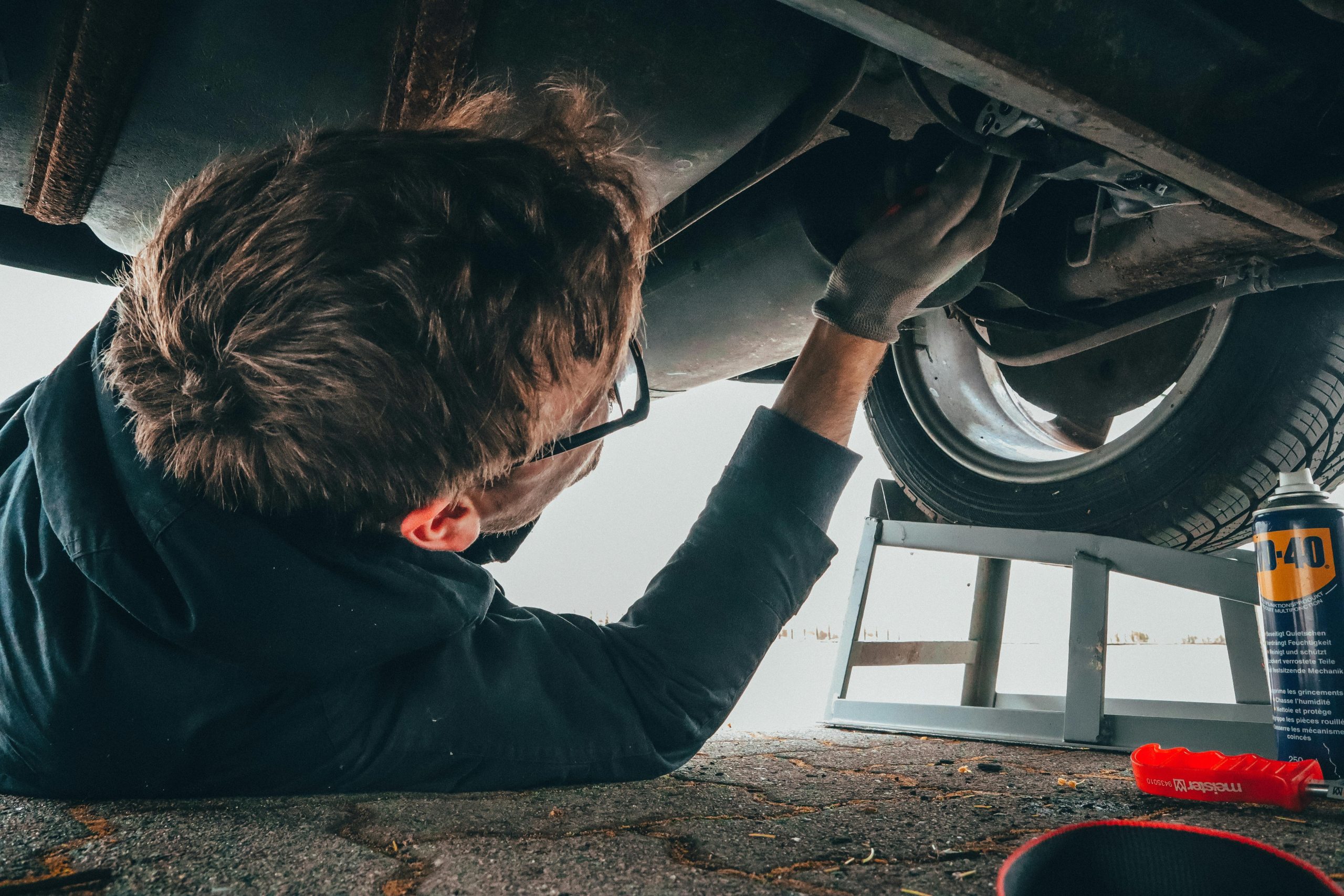Understanding Your Homeowners Insurance Coverage: Repair, Rebuild, or Upgrade?
When faced with property damage, homeowners often wonder about their options beyond simple repairs. Specifically, questions arise about whether they can choose to rebuild a structure entirely new instead of repairing the existing damage, and how their insurance policy responds to such decisions.
Let’s explore a common scenario that highlights these concerns:
Imagine your home’s patio sustains damage from a hailstorm. Your insurance policy covers the cost of repairs, but sometimes the payout—say, $5,000—may be more than enough to repair the current patio. You might consider using that settlement not for fixing the existing structure, but for demolishing it completely and rebuilding a new patio from scratch. Naturally, this would likely involve paying any additional costs out of pocket if the new construction exceeds the insurance payout.
Can You Opt to Rebuild as New Instead of Repairing?
In many cases, homeowners have the flexibility to decide whether to repair or replace. The insurance payout is typically intended to restore your property to its pre-loss condition. However, if your intentions are to rebuild a new structure rather than repair the existing one, whether this is covered depends on the specifics of your policy and the extent of the damage.
Will the Policy Cover a Complete Rebuild or Upgrades?
Generally, if the total value of your home remains under the insured amount of your Coverage A, and the damage qualifies under the policy’s provisions, a rebuild—whether repair or total replacement—should be covered. That said, an insurance claim payout based on damage assessment doesn’t automatically convert your entire property into an entirely new or upgraded structure. It provides funds proportional to the damage, and additional costs for construction or upgrades are typically your responsibility unless explicitly covered.
Is It Common for Policyholders to Use Claims for Upgrades?
Some homeowners see insurance payouts as an opportunity to enhance or upgrade their properties rather than merely repair. While this can be done legally, it’s essential to adhere to policy guidelines and work with your insurer to confirm coverage. Otherwise, such practices could be viewed as exploiting the claim process, which can lead to complications or denied claims.
Final Thoughts
Before making decisions about repairs, rebuilding, or upgrades following damage, it’s wise to consult your insurance policy and speak with your agent. Clarify what is covered, understand your responsibilities, and plan your approach accordingly. Proper communication and transparency ensure your rebuild process aligns with policy provisions and avoids misunderstandings or issues



